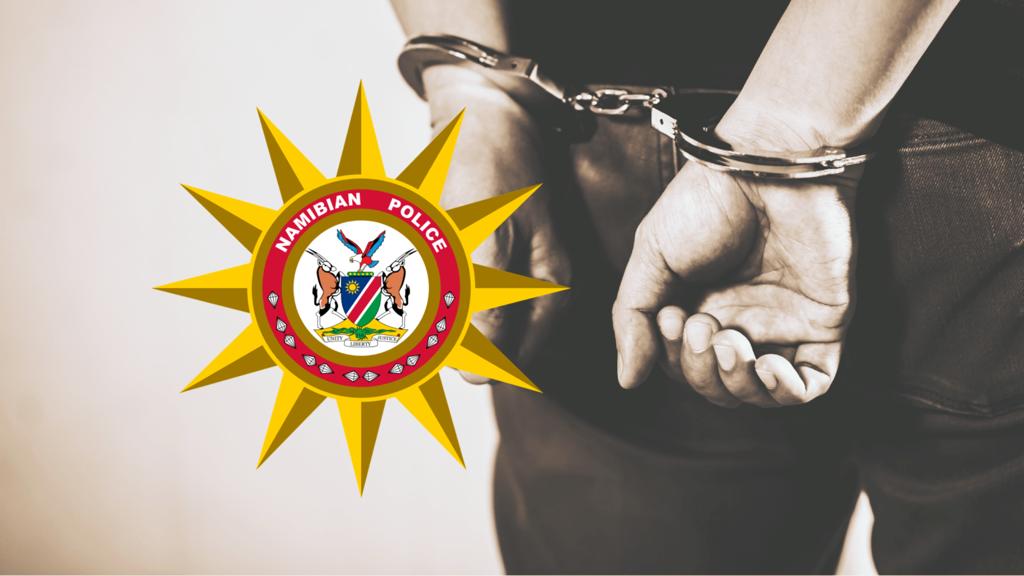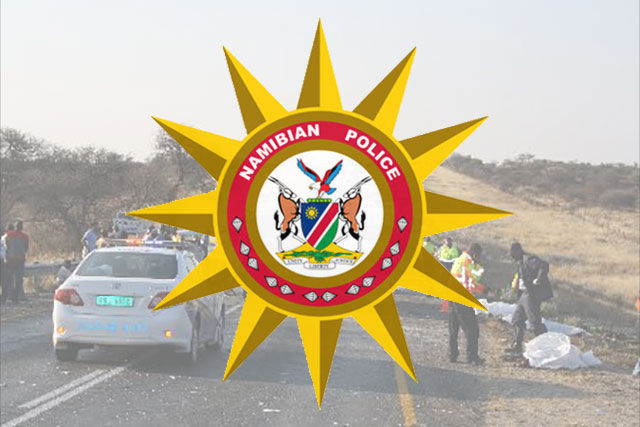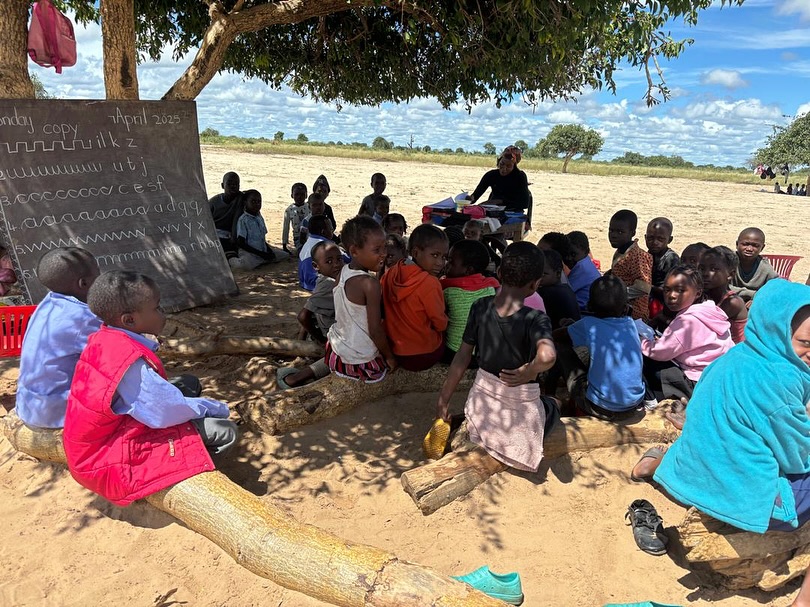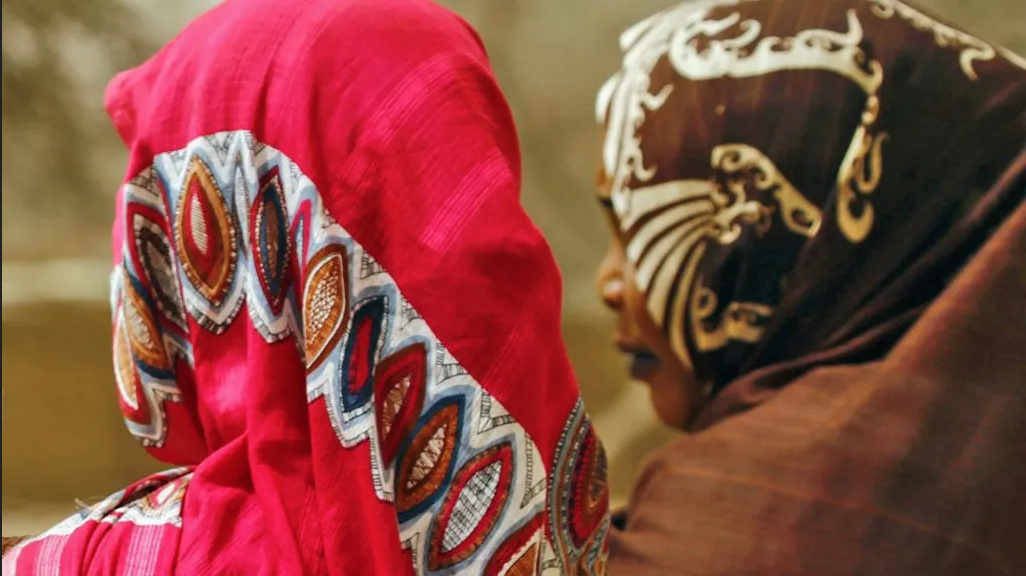Namibia’s police and prison authorities are prohibited from transporting two prisoners while their hands are secured with handcuffs behind their backs in vehicles without safety features, a Windhoek High Court judge has ordered.
Acting judge Collins Parker made the order on Wednesday in a case in which a sentenced prison inmate, United States citizen Kevan Townsend, and an awaiting-trial detainee, Jaco Kennedy, were each suing the minister of home affairs, immigration, safety and security, the inspector general of the Namibian Police and the commissioner general of the Namibian Correctional Service (NCS) for N$1.9 million. Parker did not award any sum of money to the two plaintiffs.
Townsend and Kennedy cited a multitude of complaints against the police and prison authorities in a claim they filed at the Windhoek High Court in June 2022.
Their complaints included allegations that they were being transported in handcuffs and in unsafe vans when they were taken from Windhoek Correctional Facility to court and other destinations, grievances about the prison shop at the jail and gripes about prison conditions and rules.
In his judgement, Parker found that Townsend and Kennedy failed to prove the bulk of their claims, except for their complaint about being transported in vans with their hands cuffed behind their backs.
Parker said he agreed with government lawyer Sylvia Kahengombe’s argument that Townsend and Kennedy were with their legal action against the minister, the police chief and the NCS’ commissioner general “seeking ‘special treatment or unjustified luxurious treatment’”, and also described the legal action they pursued as “plainly frivolous”.
Parker remarked: “They might have, I think, been misadvised about our law of delict applicable to the facts of the case.”
The judge also commented: “It would seem the plaintiffs took to heart the advice of Friedrich Nietzsche, the German philosopher and classical scholar. The plaintiffs have lived dangerously by instituting such plainly frivolous action.
They have built their city on the slopes of Mount Vesuvius.”
Townsend and Kennedy complained that they were being transported from the prison to the courts and other destinations in the back of vans without safety belts while they also had to sit on unupholstered metal seats with the vehicles being driven at high speeds and with sirens blaring.
Parker noted that the Supreme Court declared in 2023, in a judgement on a case that had also been filed by Townsend and Kennedy, that the transportation of prison inmates in vehicles while their arms are handcuffed at their backs and the vehicles do not have safety features to prevent harm to the inmates is inconsistent with the Constitution’s prohibition of cruel, inhuman or degrading treatment.
Parker found that Townsend and Kennedy failed to prove claims that the food they are receiving in prison is inadequate and not nutritional.
They also fell short of proving that prison rules prohibiting the possession of cellphones and laptops in their cells violated their rights, Parker found. He noted that the prison authorities provide alternative means of communication through which inmates can call their families, friends and lawyers, and said a ban on the possession and use of cellphones and laptops in the inmates’ cells is justified. Based on the Supreme Court’s judgement on the same issue in 2023, Parker ordered that the police and prison authorities are prohibited from transporting Townsend and Kennedy in vehicles without safety features while their arms are secured with handcuffs behind their backs.
The two plaintiffs were represented by lawyer Profysen Muluti, on instructions from the Directorate of Legal Aid.
Stay informed with The Namibian – your source for credible journalism. Get in-depth reporting and opinions for
only N$85 a month. Invest in journalism, invest in democracy –
Subscribe Now!










